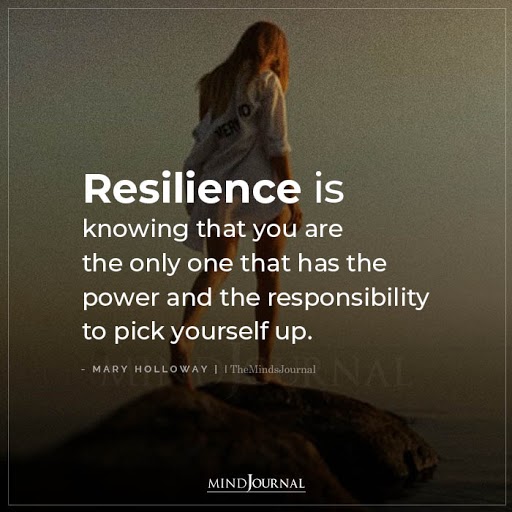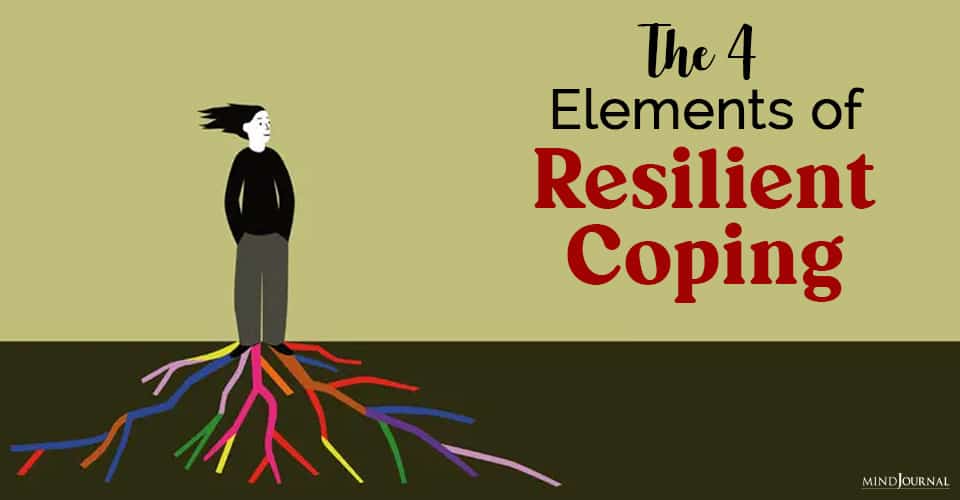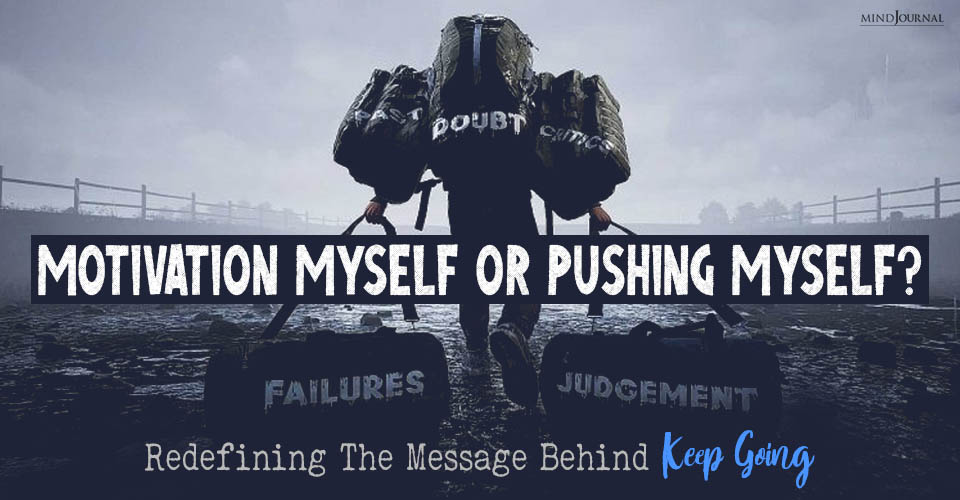This blog reviews four elements associated with resilient coping.
When the world disrupts our plans and hopes and reveals to us how fragile and vulnerable we are, we can be terrified, humbled, saddened, humiliated, and traumatized.
First, my heart goes out to all who are suffering. Second, as a psychotherapist and a trainer of psychological doctors, here are some thoughts for fostering an adjustment that is as adaptive as possible to this wave of pain.
1. Understand The Situation You Are In And The Negative Emotions It Will Trigger.
We, humans, are behavioral investors, and we spend efforts with the desire to accomplish things. We work to develop competencies, relationships, and businesses in an effort to make a difference and matter to the world.
Of course, to succeed, we need to be embedded in a system that affords us that path. And when a wave of change crashes over that path and blocks many of the anticipated ways forward, it is only natural that we will react with some waves of negative emotions.
- First, there will be anxiety and fear about what might be coming next. Anxiety is the sense, often ill-defined, that something threatening is about to happen; fear is when we are confronted with something we want to escape from.
- Second, there will be the frustration of not being able to reach expected goals, which can often give rise to destructive, angry feelings.
- Third, there will be the stress of trying to find new ways to solve problems and stressors stemming from disruptions of past comforts.
- Fourth, there will be the sadness associated with the lost events that will never be realized—and perhaps even more dramatically, lost loved ones.
Read How To Be A More Resilient Person?
2. Resilient Coping Is The Process Of Effectively Dealing With Injury, Suffering, And Setbacks.
Underneath our doorbell next to the entry to our home hangs a sign, “So it is not home sweet home…Adjust.” The intended message is a reminder that life is far from perfect, and that we should be prepared to be bumped around. As such, it is important to develop what I call “emotional callouses.”
This means that if you are faced with pain, disappointment, failure, and not getting what you deserve, you do not just complain and expect the world to conform. Instead, it means you develop emotional maturity. This involves developing skills the capacity to hold emotions in the sweet spot between awareness and attunement on the one hand, and adaptive regulation on the other.

This will enable one to develop the ability to accept the hand the world deals you and have the courage and competency to manage the pain and adjust to the best of your ability. It also means developing adaptive interpretations and not being rigid or extreme in one’s thinking style. And it means that when an emotional wave of an intense magnitude hits you, you realize where you are and accept that is the reality you are in, and you look for help and support as needed. This process is one of the main elements of resilient coping.
Read 13 Signs You Have Negative Energy and How To Get Rid Of It
3. Resilient Copers Need Love, Acceptance, And Compassion.
It is almost impossible to develop into a healthy, resilient coper without the love and support, and encouragement of others. We each have a deep-seated need to be known and valued by important others; this is what truly nourishes the soul. We need that mirroring and acceptance.
So, whereas point two somewhat emphasizes the need for emotional toughness (i.e., the capacity to accept and tolerate emotional pain, and still hold oneself accountable for growing and changing in a positive way), this point emphasizes the need for relational love and support from important others.
This point thus highlights what we need from others and what we can give to others during this difficult time.
Read 4 Strategies That Will Make Coping With Coronavirus Stress Easier
So, when you are having difficulty, share those painful feelings with someone who can mirror back to you acceptance, loving compassion, and the deep recognition of what you are going through. And it serves as a reminder to be there for someone else when they need you.
4. Develop A Vision For Valued Outcomes In The Short And Long Term, And Work Toward Them The Best You Can.
I will often ask clients to reflect on the following: Given the who you are, the situation that you are in, and your core values, how do you want to be, and where do you want to be, in the short term and over a longer period? Sometimes the answer in the short term is obvious. Often, this is a complicated question that requires significant reflection. But investing the time in breaking it down and developing the answer is well worth the effort. It creates an “imaginal” representation that can serve as a template regarding what you want to be as you continue to learn and grow.
Read Top 3 Tips To Create A Meaningful Vision In Your Life
Ultimately, finding one’s path, especially in the face of much disruption, can be highly challenging. Thus, it requires systematic effort and reflection. Then it requires courage and commitment to attempt to realize it.
Reference For more detailed information on resilient coping, see the following: A PT Magazine article on how many folks react negatively to negative feelings and how to reverse that cycle. On turning your inner critic into a metacognitive observer that is curious, accepting, loving, motivated. A guided blog tour on learning to process negative emotions A guided blog tour on what to do if you are depressed
Written by: Gregg Henriques Originally appeared on: Psychology Today Republished with permission.










Leave a Reply